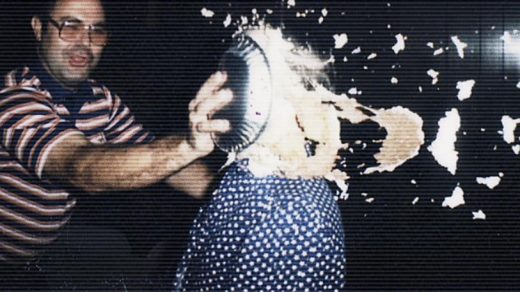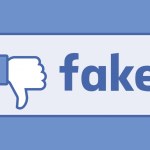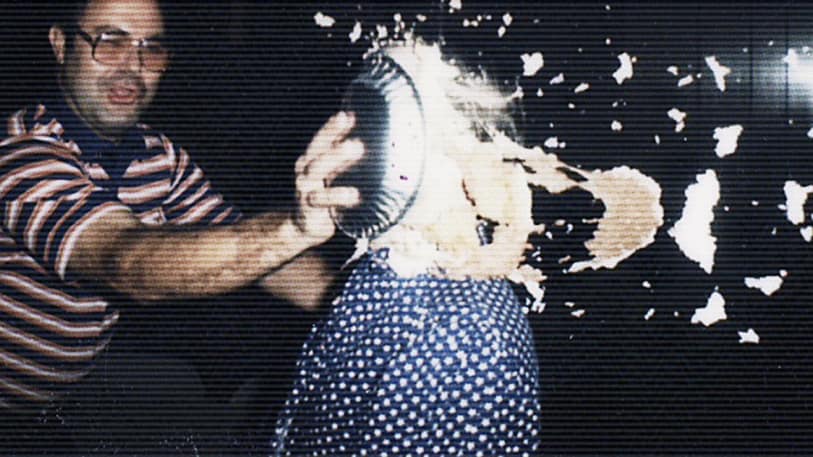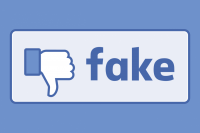In The Age Of Fake News, Your April Fools’ Marketing Stunt Is Especially Unfunny
‘Tis the season for bad press releases. One thing tech companies just love to do is have fun and joke around on pseudo-holidays like April Fools’ Day. Usually this involves sending a fake announcement about some inane product that is at best unfunny and at worst offensive. Remember Google’s bungled “Mic Drop” setting? It had users inadvertently emailing animated Minion gifs, which resulted in a ton of backlash.
Many times these announcements are taken seriously and reported on in earnest by media outlets (though that’s certainly less true nowadays), which leads to confusion, anger, and all the other stages of grief. By this time tomorrow, there will likely be at least a few outlets that fall for the pranks.
But in the age of fake news, the idea of playing gotcha with the media feels especially bad and unfunny. After witnessing an election influenced by hoaxes and now contending with a president who constantly tweets demonstrably false information, people don’t want to guess what’s real and what isn’t anymore. We’re tired. Much of what we encounter daily on Facebook is already fake, and it’s not in the name of a dumb holiday. Isn’t it time we ended this trend?
At one time, such pranks might have been a good way to show the world that, hey, tech companies are just like us. But we know now they are not. Jeff Bezos is the second richest person in the world, and Silicon Valley companies continually prove they are far removed from the everyday consumers who use their products. We’re in a new era, and we just don’t need more bad jokes from capitalist overlords.
Not to mention these jokes were never that good. Google “launched” its Google Nose joke in 2013 to let people know what their searches smell like. That same year, Twitter’s “Twttr” announcement claimed it would charge a premium for vowels. (In retrospect, that may have actually helped the company monetize better.) And last year, Virgin America (RIP) told us its new logo would be boobs. None of these are horribly offensive, but they’re not funny either.
They’re just kind of bad attempts to level with consumers, when the best way to do that would be to focus on making good products and creating workplace cultures that are more inclusive and equitable.
This won’t, of course, stop companies from still doing it. Today is March 30 and Lyft has already gone live with what I am pretty sure is its annual its joke: a gag wearable device, which looks like a glove and lets you “anonymously” hail a ride without using your phone. It’s called Mono. The fact that I just can’t discover the implied humor here proves it’s a bad attempt. I believe it’s that people can “get mono,” but that’s just a guess.
Alas, this practice will surely continue well into the age when Facebook and Google have taken over the world. We’ll get more cute gags to remind us they’re people too as social media and ad networks continue to perpetuate the information war we’re in now. That’s too bad. It would be better if these companies put the energy they exerted building these pages toward more useful things, rather than focusing on what is literally fake news.
(34)














